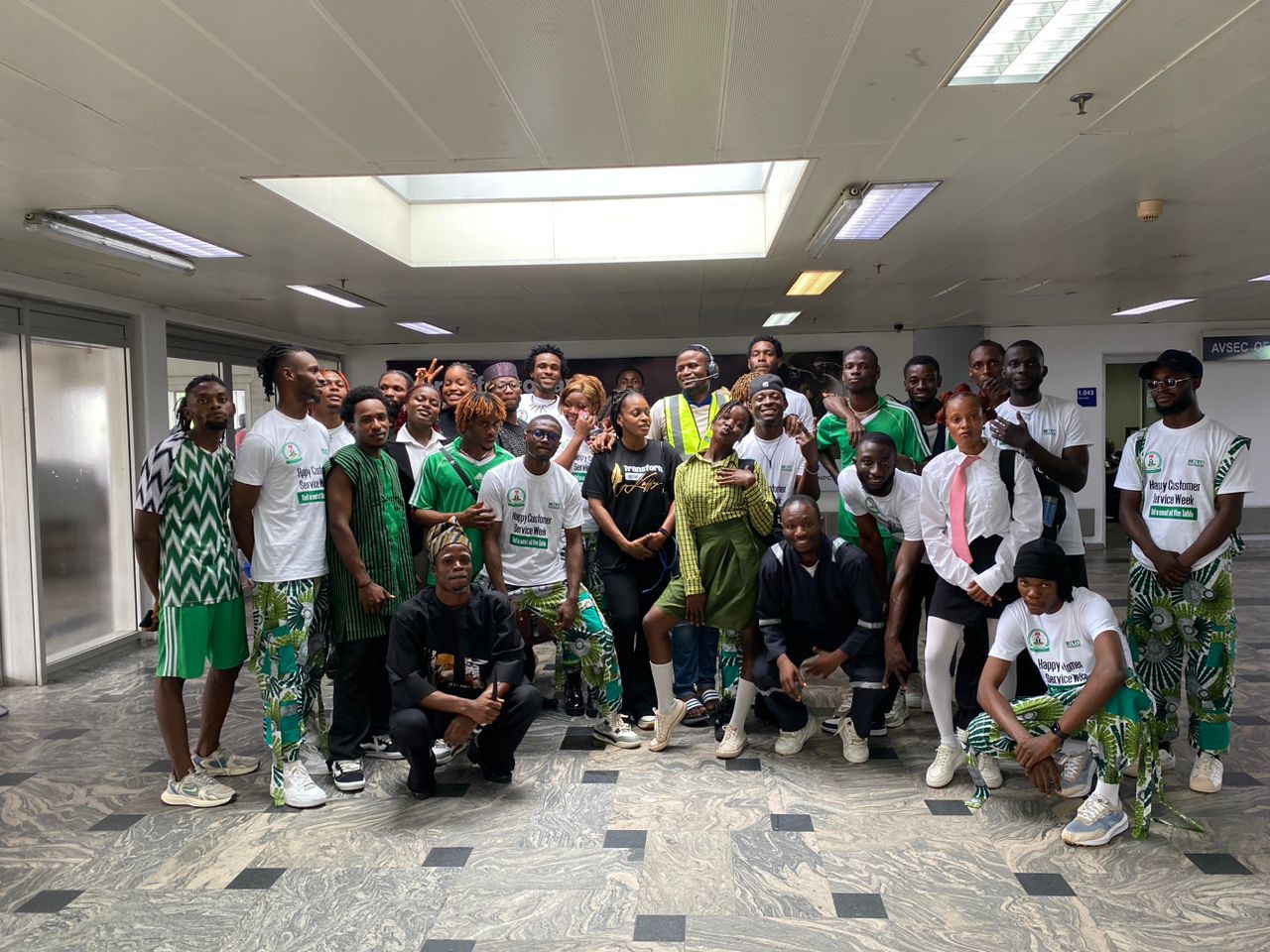When Justine Madugu took charge of the Super Falcons in November 2024, few imagined that a coach with no prior head-coaching experience at the international level could deliver the nation’s 10th WAFCON title just eight months later.
Named Coach of the Tournament, the 61-year-old Adamawa-born tactician transformed scepticism into celebration and steered Nigeria from uncertainty to continental triumph.
Madugu’s journey is one of resilience and continuity: 12 years on national team duty, multiple interim stints, and deep familiarity with Nigeria’s women’s system.
He served under Edwin Okon (2014), Thomas Dennerby (2018), and Randy Waldrum, witnessing both highs and devastating lows, including the Falcons’ 2022 fourth-place U-turn.
His coaching philosophy involves tactical discipline, mental strength, and adaptability. Against Morocco in the Rabat final, he endured a 2‑0 deficit inside the first 24 minutes.
Calm and assertive, he made bold halftime changes, bringing on Jennifer Echegini and Rinsola Babajide, unlocking the hosts’ defence and inspiring a memorable 3‑2 comeback.
Jorge Vilda – Spain’s World Champion Reborn in North Africa
In contrast, Jorge Vilda already had global fame, having coached Spain to their first-ever Women’s World Cup title in 2023. But that triumph came amid turmoil. A controversial figure, Vilda weathered a players’ revolt (‘Las 15’) over training standards and privacy, and was later dismissed after the scandal that engulfed Spanish football’s leadership.
In October 2023, Vilda accepted a new challenge: to transform the Atlas Lionesses of Morocco into continental contenders. Despite the baggage, CAF and Moroccan officials welcomed his World Cup-winning aura and tactical pedigree.
Since arrival, Vilda has focused on building a cosmopolitan, committed squad. He praises players’ dedication, highlights strong federation backing, and insists on a structured, respectful team culture. His ambition is clear: “No hollow dreams, only sweat, ambition; a WAFCON to conquer.” He views competition pressure as a privilege, emphasising Morocco’s rapid evolution and the importance of player management. His insistence on unity, professionalism, and attack-first football reflects his core method: build a legacy, not rely on reputation.
Clash of Titans: Madugu vs Vilda in Rabat
The stage was set in Rabat for a showdown between African football’s torchbearer and a European mastermind. In the final, Nigeria’s slow start and concession of two early goals tested Madugu’s resolve and underscored the danger posed by Vilda’s Morocco.
But true to form, Madugu stayed calm, adjusted tactics, and leaned on depth, even bench players, unafraid to disrupt the status quo. When Esther Okoronkwo rose to the occasion, scoring and assisting, the mental shift was clear. Nigeria clawed back and sealed victory via Echegini’s late winner.
Meanwhile, Vilda’s tactics were effective but not infallible. Morocco still pushed Nigeria to the limit. His side ultimately fell short despite home advantage and quality, highlighting how even the brightest coaching resumes must adapt in the face of African football’s evolving intensity.
Legacy at Stake: Africa’s next Chapter
The encounter between Justine Madugu and Jorge Vilda was more than a final; it was a symbolic passage of authority. Nigeria’s homegrown tactician outmanoeuvred a World Cup-winning rival on African soil, reinforcing belief in African coaches and systems.
Madugu’s “Mission X” did more than restore a title; it reasserted the Super Falcons’ identity, renewed national pride, and elevated domestic coaching to international relevance.
Meanwhile, Vilda’s presence in Morocco signals increasing global integration of African football: importing elite expertise, raising standards, and preparing teams for both continental and global stages.
What remains clear: Africa is no longer a testing ground for foreign coaches; it is now a platform where local visionaries like Madugu rise, and global icons like Vilda must earn their place through results, respect, and cultural synergy.
Both coaches represent new ambitions: one rooted in legacy and ownership, the other in reinvention and global ambition. Their journey together, on and off the pitch, is shaping women’s football across Africa, and the best chapters are yet to be written.


